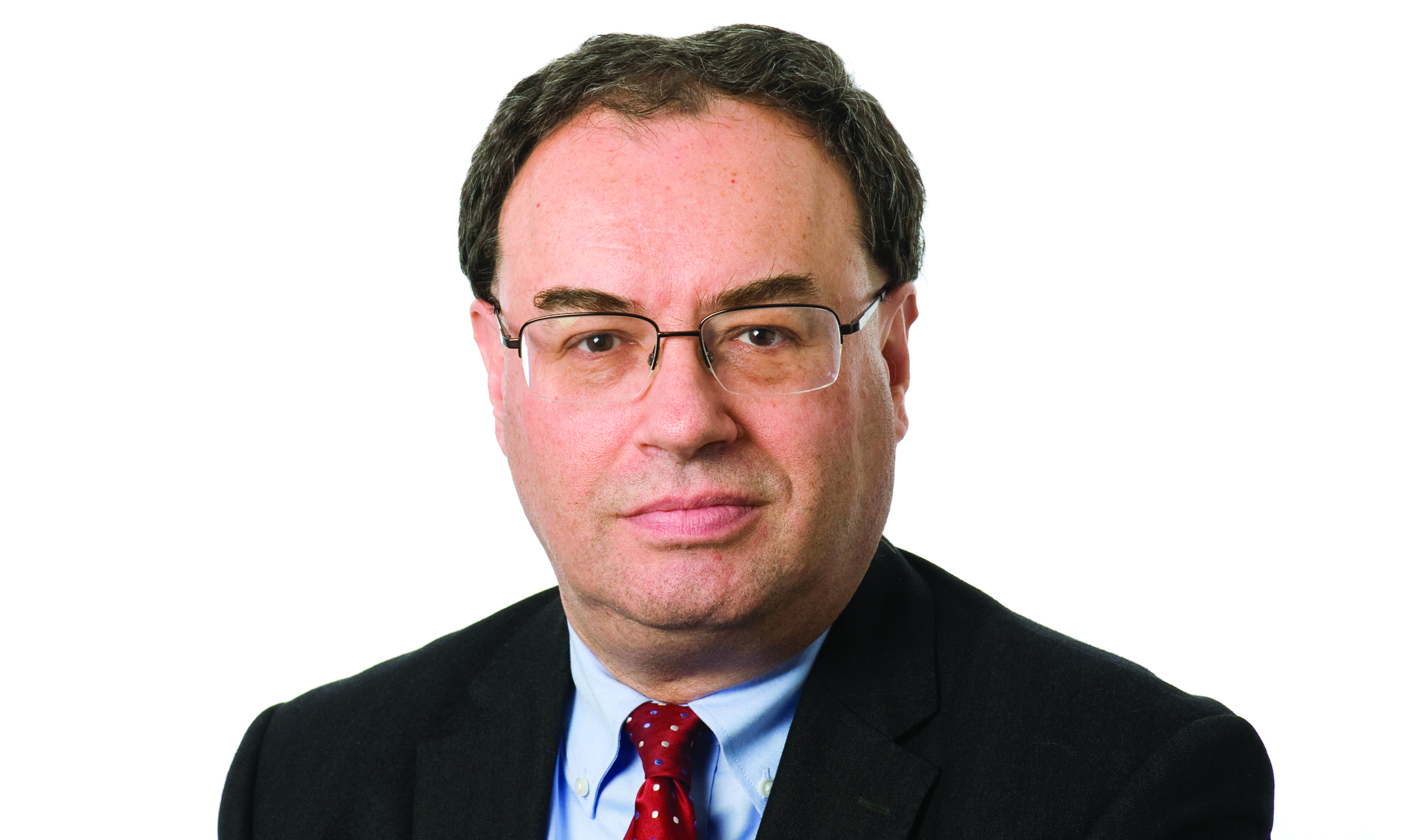The introduction of the UK’s pension freedoms in 2015 transferred the responsibility for a very complex area of decision-making to individuals, the chief executive of the Financial Conduct Authority said in a speech on 15 September.
At an event in Gleneagles, Scotland, Andrew Bailey took the opportunity to tackle a key issue: “Are the pension freedoms still the right approach?”
After admitting that it would be easy to dodge the question by responding “it’s too late to change course”, it will come as a surprise to few that Bailey confirmed “the freedoms remain the right course to follow”.
But – “and there is always a ‘but’ I’m afraid”, Bailey said – the FCA needs “to be very aware and alert” that it has “transferred the responsibility for a very complex area of decision-making to individuals, and we need to do all we can to help people make those decision”.
Making good choices
Bailey opened his speech by highlighting the perilous impact increased uncertainty has on financial decision making.
When planning for retirement, people need to take into account, for example, life expectancy; lifetime earnings; lifetime spending and saving habits; and expected interest rates.
“It goes without saying that all of these are highly uncertain, and subject to risks either way,” Bailey said.
There are around £2.4trn ($3.1trn, €2.7trn) of pension assets in the UK, and while that may seem like a significant sum, not enough people are saving for their retirement.
The FCA’s Financial Lives Survey indicated that just over 15 million adults in the UK, who are not retired, claimed they were not currently paying into a pension.
Additionally, a sizeable proportion of defined contribution (DC) pension savers have relatively little in their pension pot.
The regulator’s 2015 Retirement Income Market Study found that a lack of shopping around meant customers were missing out on the most appropriate annuities.
“Overall, we have concluded that many consumers have welcomed the pension freedoms and the ability to access their savings in ways that they previously could not,” said Bailey.
“But we have also seen that many consumers, particularly when focused on taking their tax-free cash, take the path of least resistance and enter drawdown with their existing provider.”
As those pots become larger, “those who do not engage effectively could lose out on income in retirement, through poor investment choices or paying higher fees and charges”, he added.
Taking advice can save money
“Comparing the behaviour of advised and non-advised consumers presents a starkly different picture,” the FCA chief said.
The vast majority (94%) of consumers who accessed their pots without taking advice accepted the drawdown option offered by their pension provider.
This compared with 35% of advised consumers.
“We estimated that by switching from a higher cost provider to a lower cost one, consumers could increase their annual income by up to 13%,” Bailey said.
He said the regulator wants “to ensure that consumers receive the support they need, from regulator advisers, providers and Pension Wise”.
Where to next?
Bailey’s speech was short on action points.
In a rather convoluted passage, he said he wanted to “see progress […] in the light of the finalisation of the Financial Advice Market Review, that it does provide greater confidence, particularly in the advice/guidance boundary”.
FAMR was launched in 2015 and concluded in March 2016, but the FCA boss provided no clarification on what any progress would look like.
He also referenced a “number of ideas” that have been “floated” but are not yet ready for consultation.
One initiative the FCA is pursuing is a joint pensions strategy with The Pensions Regulator (TPR) to outline the regulators’ priorities over the next five to 10 years and their appraisal of the risks facing consumers.








